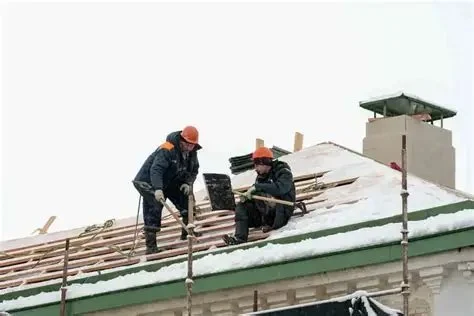
- 1-can-roofing-be-done-in-the-canadian-winter
- 2-how-winter-weather-affects-roofing-materials
- 3-special-techniques-roofers-use-in-winter
- 4-pros-and-cons-of-winter-roofing-in-canada
- 5-real-story-a-january-repair-in-ontario
- 6-when-winter-roofing-is-the-right-call
- 7-find-trusted-roofing-experts-in-your-area
1. Can Roofing Be Done in the Canadian Winter?
Yes, roofing can be done in the winter—even in Canadian conditions. However, it requires skill, planning, and the right conditions. Homeowners from British Columbia to Nova Scotia have roofs replaced or repaired in cold months every year. The key lies in whether weather permits safe work and whether materials can be handled properly in low temperatures.
While most people assume roofing stops once snow falls, the reality is different. With a surge of storm-related roof damage and year-round demand for contractors, winter roofing has become more common—especially in cities like Toronto, Calgary, and Montreal.
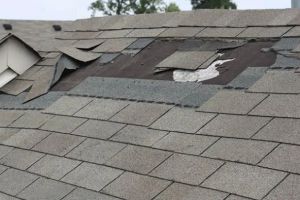
Best Roofer & Renovation / best roofing toronto
2967 Dundas St W #1584, Toronto, ON M6P 1Z2, Canada
2. How Winter Weather Affects Roofing Materials
Winter brings challenges that affect both roofing materials and installation methods. Asphalt shingles, for example, can become brittle in temperatures below 5°C (41°F), increasing the risk of cracking if not handled carefully. Adhesive strips on shingles often require heat to seal properly, which may delay full bonding until spring.
Metal roofing fares better in winter due to its resilience and simple locking systems. But even metal roofs require dry surfaces and skilled installers to prevent snow buildup or improper seam closures.
The most important factor is moisture. Roofers must ensure the deck is dry before laying any material. Snow and ice must be completely cleared to prevent long-term damage or mold growth underneath.
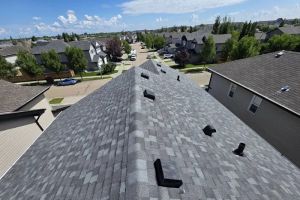
Advanced Level Roofing / advanced level roofing winnipeg
1549 St Mary's Rd #101, Winnipeg, MB R2M 5G9, Canada
3. Special Techniques Roofers Use in Winter
Experienced Canadian roofing professionals adjust their techniques for winter conditions. Here’s how:
1. Hand-Sealing Shingles: Instead of relying on sunlight to activate adhesive strips, roofers apply roofing cement manually to secure each shingle in cold temperatures.
2. Heat Guns and Warm Storage: Shingles are often kept in heated trucks until right before installation to maintain flexibility. On-site heat guns may also be used during critical installation points.
3. Modified Scheduling: Roofing crews often work shorter daylight hours and monitor hourly forecasts to avoid sudden snowstorms or ice conditions. Jobs may take longer but are approached more cautiously.
4. Pros and Cons of Winter Roofing in Canada
Like any project, roofing in winter comes with pros and cons.
Advantages:
• Faster scheduling and contractor availability
• Potential off-season discounts
• Immediate repair of damage from fall storms or leaks
Challenges:
• Weather delays and safety concerns
• Material sensitivity to cold
• Shorter work hours and potential noise restrictions in some municipalities
Despite the challenges, many homeowners choose winter roofing to avoid worsening interior damage or to prepare for the busy spring market.
5. Real Story: A January Repair in Ontario
In early 2023, a homeowner in Pickering, Ontario, noticed water stains on their ceiling after a major snowstorm. Upon inspection, their roofing contractor confirmed ice damming had caused shingles to lift and leak. Waiting until spring would have meant further water damage and increased repair costs.
The team from a local crew used heated storage, hand-sealed the new shingles, and replaced the affected sections despite -8°C temperatures. The homeowner reported no further leaks and praised the workmanship: “I honestly didn’t think it could be done in January—but they proved me wrong.”
6. When Winter Roofing Is the Right Call
Roofing in winter isn’t for every situation. But it’s absolutely the right call when:
• Your roof is leaking or structurally compromised
• Your insurance provider requires urgent action
• You plan to sell your home in spring and need it market-ready
• You want to avoid spring contractor delays or price hikes
The most important consideration is contractor experience. Not all roofing companies are equipped or trained for winter work. Always ask about their cold-weather procedures and request local references.
7. Find Trusted Roofing Experts in Your Area
If you're considering a winter roofing project in Canada, it's essential to work with professionals who understand the unique challenges of cold-weather installations. Pickering Roofing connects Canadian homeowners with certified, cold-climate roofing experts who know how to deliver quality results no matter the temperature.
Whether you're facing a winter emergency or planning ahead for spring, Pickering Roofing offers trusted recommendations for products, techniques, and skilled contractors to keep your home protected all year long.

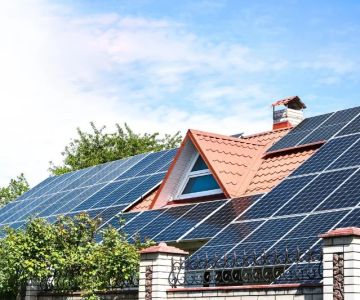
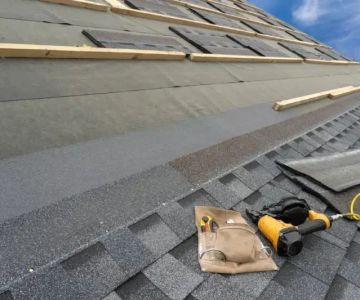
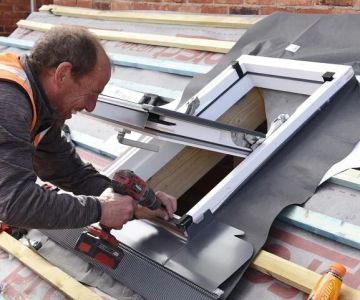

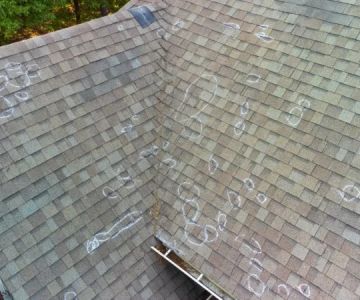
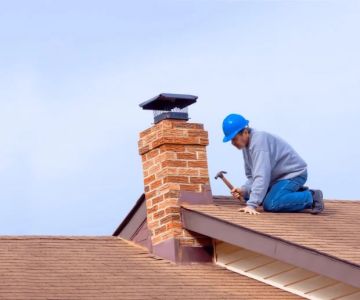
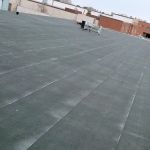 Top world roofing LTD0.0 (0 reviews)
Top world roofing LTD0.0 (0 reviews) Couvreurs Demos Roofing Inc4.0 (48 reviews)
Couvreurs Demos Roofing Inc4.0 (48 reviews)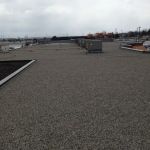 GRRC Roofing3.0 (29 reviews)
GRRC Roofing3.0 (29 reviews) Trinity Roofing5.0 (2 reviews)
Trinity Roofing5.0 (2 reviews) DTH Contracting Inc.4.0 (10 reviews)
DTH Contracting Inc.4.0 (10 reviews)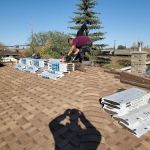 Atkins Roofing & Subcontractor0.0 (0 reviews)
Atkins Roofing & Subcontractor0.0 (0 reviews) How Much Does a New Roof Cost in 2025? Canadian Roofing Price Guide
How Much Does a New Roof Cost in 2025? Canadian Roofing Price Guide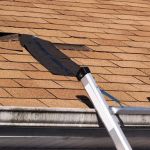 Top Signs Your Roof Has a Leak and What to Do About It in Canada
Top Signs Your Roof Has a Leak and What to Do About It in Canada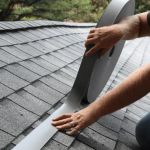 Can You Install a New Roof Over an Old One in Canada?
Can You Install a New Roof Over an Old One in Canada? The Top Questions to Ask Before Hiring a Roofer in Canada
The Top Questions to Ask Before Hiring a Roofer in Canada What Are the Most Common Roofing Scams and How to Avoid Them in Canada
What Are the Most Common Roofing Scams and How to Avoid Them in Canada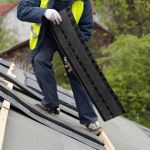 How to Prepare Your Home for a Roofing Project in Canada
How to Prepare Your Home for a Roofing Project in Canada